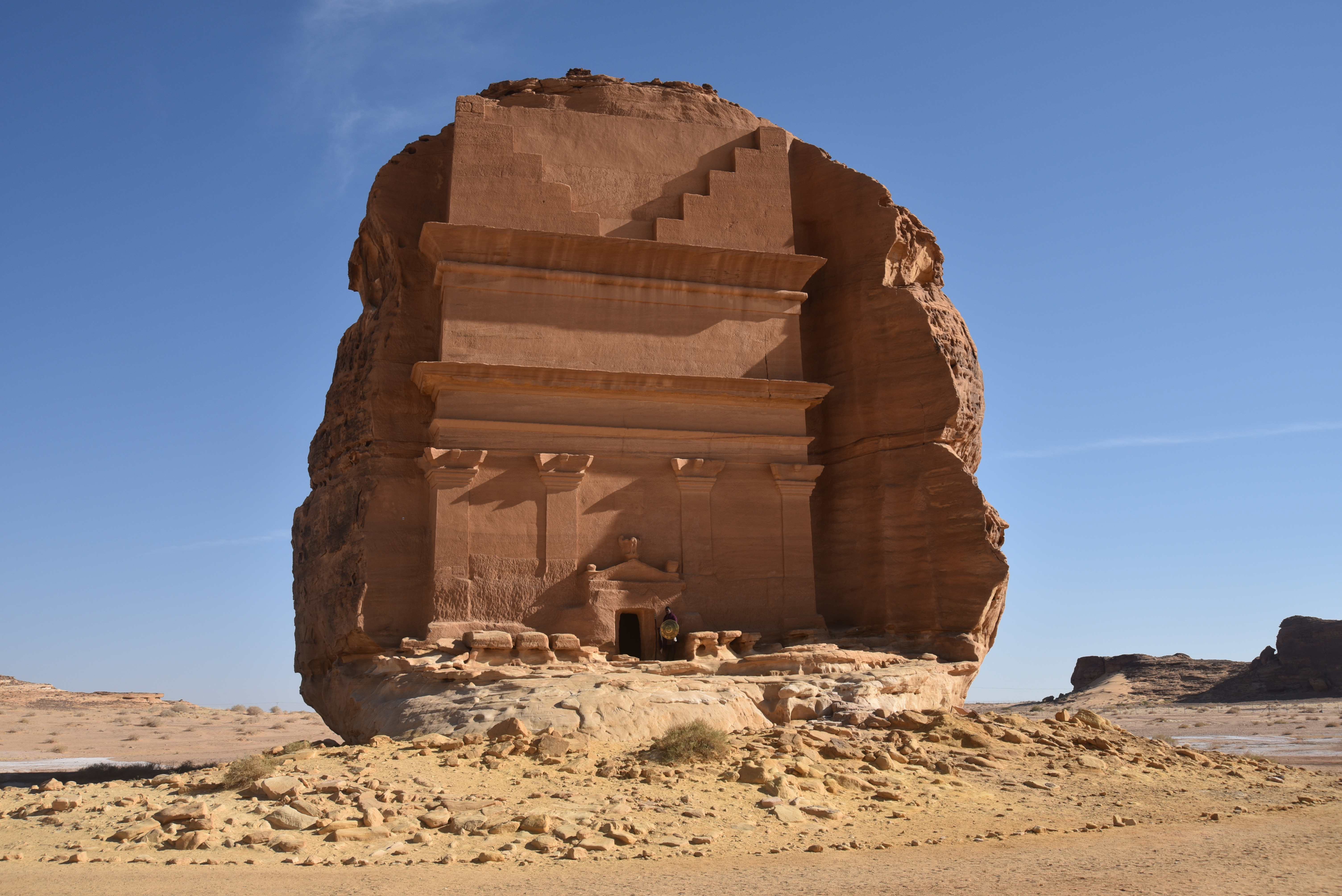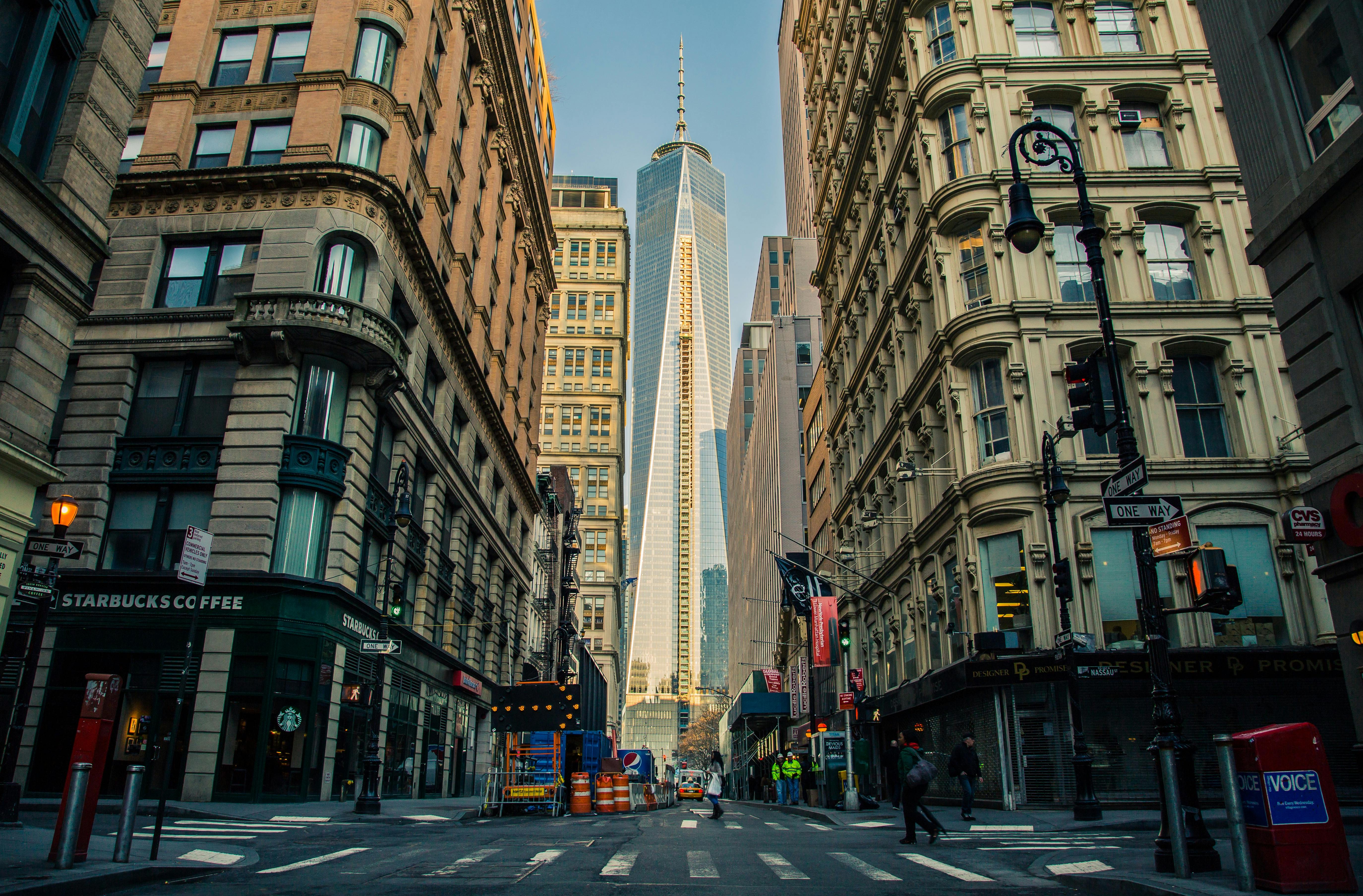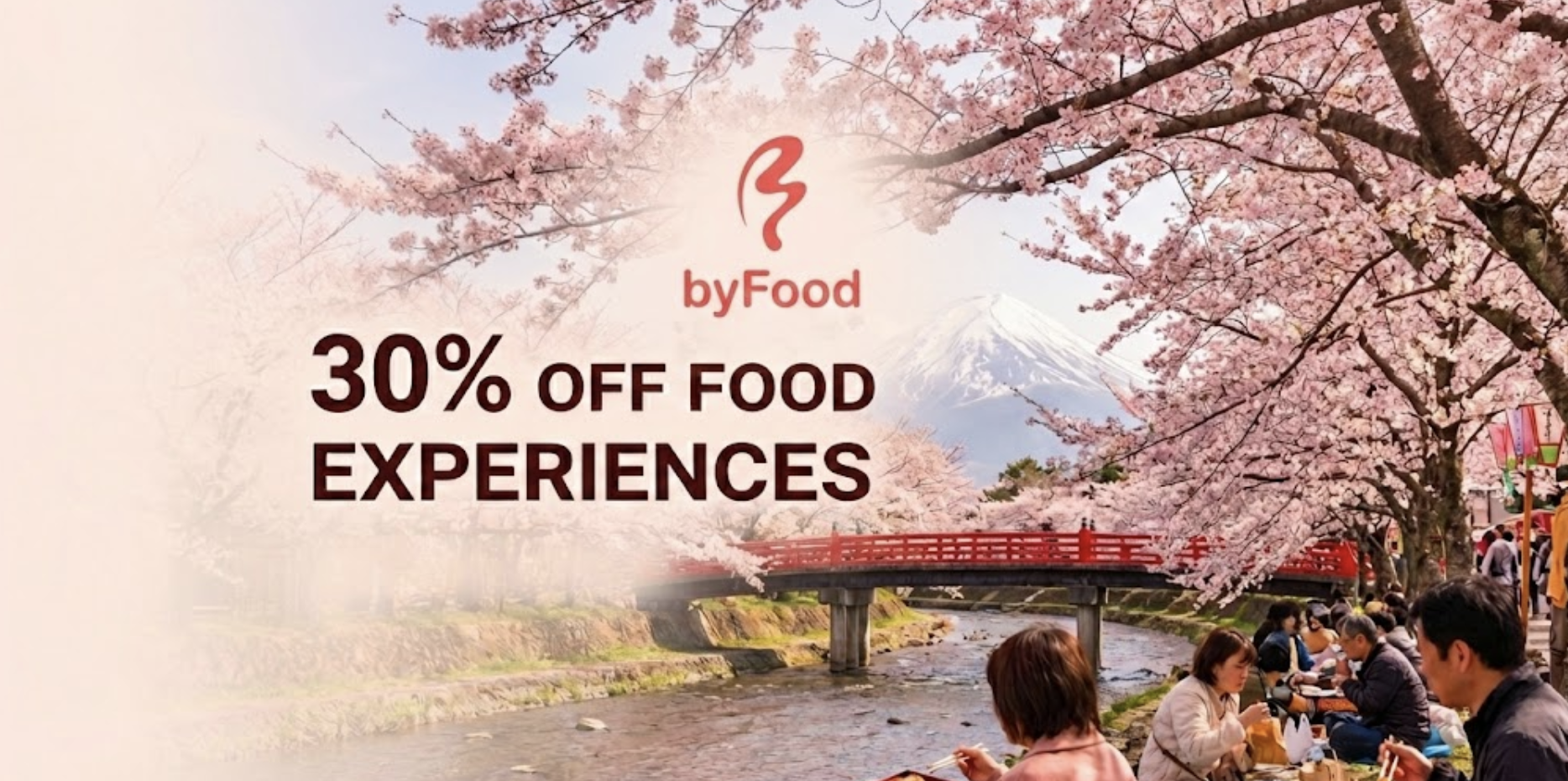 Best eSIMs for Travel In Saudi Arabia
Best eSIMs for Travel In Saudi ArabiaIf you plan to travel to Saudi Arabia soon whether it be for work, fun or even for Hajj, read this blog find the best eSIM plans for Saudi Arabia.
Read More
Saudi Arabia is rapidly emerging as one of the world’s most intriguing new travel destinations, opening its doors to international tourists with a blend of ancient history, dramatic landscapes, and futuristic cities.
Pack mobile data for your travels! See all eSIM plans for Saudi Arabia.
From the red sands of the Empty Quarter to the cool highlands of Asir, and from Nabataean tombs to ultra-modern festivals, the Kingdom offers a travel experience unlike anywhere else.
Visitors should be mindful of local customs—dress modestly, check visa requirements in advance, and plan trips between October and March for the most comfortable weather.
Riyadh is not just the political and economic centre of Saudi Arabia. It is a city in motion, balancing ambition with deep tradition. Skyscrapers rise from the desert alongside old mosques and markets. There is history here, but also energy. It is a place that feels like it is rewriting its story in real time.
Inside the King Abdulaziz Historical Centre, this museum takes you on a journey across time. Fossils, ancient trade routes, early Islamic artefacts, and scenes from modern Saudi history are all part of the story. The layout is intuitive, the storytelling clear, and the sense of cultural pride is woven into every exhibit. It is a valuable starting point for anyone visiting the country for the first time.
Diriyah holds more than architectural interest. It holds meaning. Once the birthplace of the Saudi state, this mudbrick town has been thoughtfully restored and reopened to the public. The architecture is true to its roots, with carved wooden doors and cool inner courtyards shaded by palms. You can stroll through winding alleys, pause for coffee in a modern café, or visit one of the new galleries or museums. It is both a cultural site and a living, evolving space.
The Kingdom Centre is impossible to miss. Sleek and sculptural, it dominates the skyline. Take the lift to the Skybridge, which sits 300 metres above ground, and you are rewarded with sweeping views of the city in every direction. Visit in the late afternoon if you can. As the sun drops, the light turns golden and the city stretches out in quiet, dusty layers.
If you only have time for one outdoor escape, make it this one. Located just outside Riyadh, the Edge of the World lives up to its name.
Massive cliffs drop suddenly into the plains below, offering some of the most dramatic views in the country. The trail is relatively gentle, though the terrain is rocky. Bring water, take your time, and let the silence of the desert sink in.
Every year from October to March, Riyadh transforms. Riyadh Season is a large-scale festival that brings international artists, chefs, performers, and designers into the city. Expect concerts, light installations, food pop-ups, fashion shows, and events that feel spontaneous and high energy. Even if you do not plan your trip around it, you might find yourself caught up in it anyway. The atmosphere is welcoming and creative, and there is something for every interest.
Jeddah feels different from the capital. It is looser, saltier, more creative. Sitting on the edge of the Red Sea, it has long been a port city, shaped by centuries of trade, travel, and pilgrimage. The result is a city that feels open. Open to ideas, open to movement, open to the world.
It is also one of the best places in Saudi Arabia to slow down. Whether you are wandering the shoreline, exploring coral reefs, or getting lost in the old town, Jeddah invites you to take your time.
The Corniche stretches for miles along the Red Sea, offering public art, fountains, walking trails, and shaded spots to sit and watch the world go by. It is one of the best places in the city for a morning run or an evening walk, when the heat drops and the light softens. Families gather here. Friends meet for coffee. The sea breeze makes everything feel a little lighter.
Jeddah’s coastline hides some of the most vibrant marine life in the region. The water is warm, the visibility is excellent, and the reefs are full of colour. Local dive centres can get you set up with gear and take you out to nearby spots, whether you are an experienced diver or trying it for the first time. Expect to see clownfish, coral gardens, and maybe even a turtle or two.
Al-Balad is the historic heart of Jeddah, and it looks like nowhere else in the country. The buildings are made from coral stone, and the wooden balconies jut out like open boxes. As you walk through the narrow streets, you will find spice shops, hidden mosques, and houses that have been turned into small museums or cafés. It is atmospheric, slightly crumbling, and completely captivating. Some of the homes date back hundreds of years, and restoration projects are ongoing. It is a place where heritage and everyday life still overlap.
Known officially as Al-Rahma Mosque, this seaside structure appears to float at high tide. Set on stilts over the water, its white marble exterior and simple design create a sense of calm. It is especially beautiful at sunrise, when the sea is still and the light is pale. Even if you do not go inside, the setting alone is worth the stop.
You will notice it from almost anywhere along the coast. At night, King Fahd’s Fountain sends a powerful stream of saltwater high into the sky, lit from below like a sculpture made of mist. It is the tallest fountain of its kind in the world, and it is best viewed after dark, when the city noise fades and the water takes centre stage.
AlUla does not just feel remote. It feels otherworldly. Tucked into the sandstone valleys of northwestern Saudi Arabia, this region is a vast open-air museum filled with ancient tombs, rock formations, and ruins that stretch back thousands of years. But it is not frozen in time. AlUla is also evolving, with new cultural events and thoughtful restorations bringing fresh energy to an ancient landscape.
If you are looking for history, silence, and wonder, this is where you will find them.
This is Saudi Arabia’s first UNESCO World Heritage Site, and it is extraordinary.
Carved into rose-coloured rock by the Nabataeans over two thousand years ago, the tombs at Hegra are remarkably well preserved. You will see towering facades, intricate inscriptions, and entire burial complexes set against the backdrop of the desert. It is often compared to Petra in Jordan, but it is quieter here, with fewer visitors and more space to reflect on the scale of what was built.
AlUla’s historic centre was inhabited for centuries before being abandoned in the 1980s. Now partially restored, the old town is once again open to visitors. Narrow alleyways wind between mudbrick houses, some of which have been turned into shops, art spaces, or cafés. The contrast between ancient construction and new ideas gives this area a thoughtful, creative feel. It is not a tourist village. It is a place that honours its past while welcoming the present.
Just outside the main town, a massive sandstone formation rises from the earth in the unmistakable shape of an elephant. Around it, the desert opens up into a network of walking trails, view points, and picnic spots. You can visit at sunrise for soft colours and cool air, or come at dusk when the rock glows red and the air turns still. Either way, it is a striking reminder of what nature can do with time and patience.
Each year, during the cooler months, AlUla hosts a cultural festival that brings together music, art, food, and heritage in a desert setting unlike any other. From classical concerts at Maraya Concert Hall to pop-up markets and local storytelling, Winter at Tantora blends global culture with Saudi tradition. It is an ambitious festival, but it is grounded in place. Everything points back to the land and the people who have lived here for generations.
Far from city lights, the skies above AlUla are among the clearest in the region. On a good night, you can see the Milky Way stretch across the horizon. Several local operators offer guided stargazing sessions, often paired with campfire tea or traditional music. You do not need to be an astronomer. You just need to look up and let the stillness take over.
Mecca is the holiest city in Islam and a deeply spiritual place for Muslims around the world. Entry is strictly limited to Muslim visitors, and for them, visiting Mecca is often the journey of a lifetime. The city is a place of devotion and unity that is hard to put into words.
At the centre of it all is Masjid al-Haram, the largest mosque in the world, built around the Kaaba—the sacred black cube toward which Muslims pray. Whether visiting for Umrah or Hajj, or simply experiencing the spiritual atmosphere, the significance of this place is profound. It is a site of unity, reverence, and deep reflection.
Rising above the mosque, the Abraj Al Bait complex includes hotels, a shopping mall, and the Clock Tower Museum. From the observation deck, visitors can look out across the sacred city. The museum inside offers insight into Islamic astronomy and timekeeping.
This quiet, thoughtful museum displays historical artefacts from Masjid al-Haram in Mecca and Al-Masjid an-Nabawi in Medina. Items include intricately carved doors, models of the holy sites, and beautifully preserved manuscripts. It’s a meaningful stop for those wanting to learn more about the history and architecture of Islam’s two most sacred mosques.
Medina is the second-holiest city in Islam and a place of peace and spiritual reflection. For Muslim visitors, it’s a profound opportunity to follow in the footsteps of the Prophet Muhammad (PBUH), whose legacy are deeply felt throughout the city.
This iconic mosque is home to the Prophet’s tomb and is one of the most visited sites in the Islamic world. With its peaceful courtyards, green dome, and expansive prayer halls, it is both majestic and deeply personal. The calm and order here create space for quiet reflection.
Quba is the first mosque ever built in Islam and holds immense spiritual value. Nearby, Qiblatain Mosque is where the direction of prayer was changed from Jerusalem to Mecca—an important moment in Islamic history. Both are serene, simple, and steeped in meaning.
Mount Uhud is the site of a pivotal early battle in Islamic history. The landscape remains much as it was, with simple paths and quiet gravestones marking the resting places of martyrs.
This engaging museum tells the story of Medina’s development, with scale models of ancient buildings, rare photographs, and insights into the life of the Prophet. Compact and informative, it’s a great place to deepen your understanding of the city.
On the shores of the Arabian Gulf, the Eastern Province offers a more relaxed pace and a mix of modern living and coastal beauty. From cutting-edge museums to beach days and seafood feasts, it’s a great region to explore at your own rhythm.
This tranquil crescent-shaped beach is popular with locals and families. The waters are calm, the sands wide, and the atmosphere laid-back. It’s ideal for swimming, picnicking, or just enjoying the sea breeze.
One of Saudi Arabia’s most impressive cultural spaces, Ithra blends modern architecture with creativity and learning. Inside are museums, a cinema, galleries, a library, and exhibitions covering art, science, and culture.
Stretching along the coastline, this palm-lined promenade is perfect for an evening walk or morning jog. Locals gather here to enjoy the view, grab coffee, or catch a sea breeze. Sculptures, fountains, and open spaces make it feel alive.
With its Gulf-facing location, the region is known for its fresh seafood. Try grilled hammour, shrimp kabsa, or spicy fish curries in Khobar or Dammam’s many family-run restaurants. The flavours are bold, fresh, and unmistakably coastal.
In the southwestern highlands, the air cools, the hills rise, and the scenery shifts dramatically. This is where Saudi Arabia’s green side shines—forests, fog, and mountain villages full of tradition.
Al-Soudah is the highest point in the Kingdom, and the cable car ride here offers sweeping views of the Sarawat Mountains and valleys below.
It’s a quiet thrill and a stunning way to take in the region’s beauty.
Built from stone and decorated with traditional patterns, this centuries-old village once hosted traders and pilgrims. It’s now lovingly preserved, with museums, cafés, and cultural displays that bring the past to life.
These rugged peaks are covered in juniper trees and cooled by mountain breezes. Hiking trails pass through dramatic landscapes and small villages, offering a glimpse of rural life and panoramic views over the clouds.
Abha and its surroundings are known for their cooler temperatures and misty mornings. It’s a rare climate in the region—perfect for escaping the heat and slowing down.
This sprawling park protects the natural landscape of the region. There are lookout points, trails, picnic areas, and opportunities to spot wildlife.
Looking for Saudi Arabia’s best-kept secret? Head northwest to Tabuk, where nature unfolds in spectacular form and ancient stories lie etched in stone. This is a region for the curious and the adventurous—where red canyons, rock arches, and silent deserts make every stop feel like a discovery.
Often called “Saudi Arabia’s Grand Canyon,” Wadi Al Disah is a lush valley flanked by towering sandstone cliffs.
Palm trees line the path, streams trickle through the canyon floor, and every corner offers a view more dramatic than the last. Whether you’re hiking, picnicking, or just driving through, it’s a place that captures the wild heart of the country.
Step into the past at Tayma, an ancient oasis with roots going back to the Babylonian era. Al-Bida, nearby, is thought to have connections to the Nabataeans, and both sites offer insight into the deep, layered history of northwest Arabia. Expect rock inscriptions, abandoned wells, and ruins that hint at life from thousands of years ago.
Yes, snow in Saudi Arabia.
In the colder months, the mountain peaks near Tabuk can receive a light dusting—turning the ochre landscape white for a brief but magical moment!
Whether you're navigating remote trails or sharing epic photos from the road, a Sim Local Saudi Arabia eSIM keeps you connected wherever the journey takes you.
Sim Local connects you to the best Saudi networks like STC and Zain to deliver fast, reliable 4G/5G coverage for a tenth of roaming costs!
👉 Check out our best eSIMs for Saudi Arabia here.
Tucked close to the Yemeni border, Najran is a city rich in character, where hospitality is second nature and history lives in the walls. Here, every building, every market stall, and every date palm has a story to tell.
This well-preserved mudbrick fort is the city’s icon.
With its watchtowers and arched walkways, it offers a glimpse into the region’s defensive past—and a great spot for panoramic views of the surrounding city and mountains.
Listed on UNESCO’s tentative list, the ruins of Al-Ukhdood tell a powerful story. This ancient site is mentioned in the Qur'an and was once a centre of culture and conflict. Today, carved stones and crumbling foundations mark the footprint of a once-thriving settlement.
Najran’s markets are known for handmade silver jewellery, woven baskets, and traditional daggers. It’s also a great place to sample regional dates, many of which are grown in local groves and have a flavour you won’t find elsewhere.
The Rub’ al Khali—“The Empty Quarter”—is the largest continuous sand desert in the world. This is a landscape that stuns with scale and silence, where the dunes roll endlessly and the sky feels close enough to touch.
Ride over waves of golden sand in a guided off-road adventure.
For something a little slower, join a camel caravan or spend the night under canvas. You’ll experience traditional Bedouin hospitality, complete with Arabic coffee, campfire meals, and stories beneath the stars.
With no light pollution for miles, the night sky in the Empty Quarter is jaw-dropping. The Milky Way stretches wide, and the desert feels infinite.
This remote wonder is best reached from the southern cities of Najran or Sharurah. A local guide is recommended, and staying connected via eSIM is essential for navigating and sharing this once-in-a-lifetime journey.
Please note: These images are for illustrative purposes only and do not belong to us. All rights remain with their respective owners.
 Best eSIMs for Travel In Saudi Arabia
Best eSIMs for Travel In Saudi ArabiaIf you plan to travel to Saudi Arabia soon whether it be for work, fun or even for Hajj, read this blog find the best eSIM plans for Saudi Arabia.
Read More Mistakes Not To Make When Visiting The USA For The First Time
Mistakes Not To Make When Visiting The USA For The First TimeHeading to USA for the first time? Here are 6 top mistakes not to make when visiting stateside as well as top USA travel tips on what you should do instead.
Read More Enjoy 30% Off byFood Experiences in Japan This Sakura Season
Enjoy 30% Off byFood Experiences in Japan This Sakura SeasonCherry blossom season is calling. Get 30% off selected byFood Sakura food experiences in Japan from 16 Feb to 30 Apr, and stay connected with a Sim Local Japan eSIM.
Read MoreStay Connected in Saudi Arabia
© 2026 Sim Local (IRELAND) Ltd. All Rights Reserved.